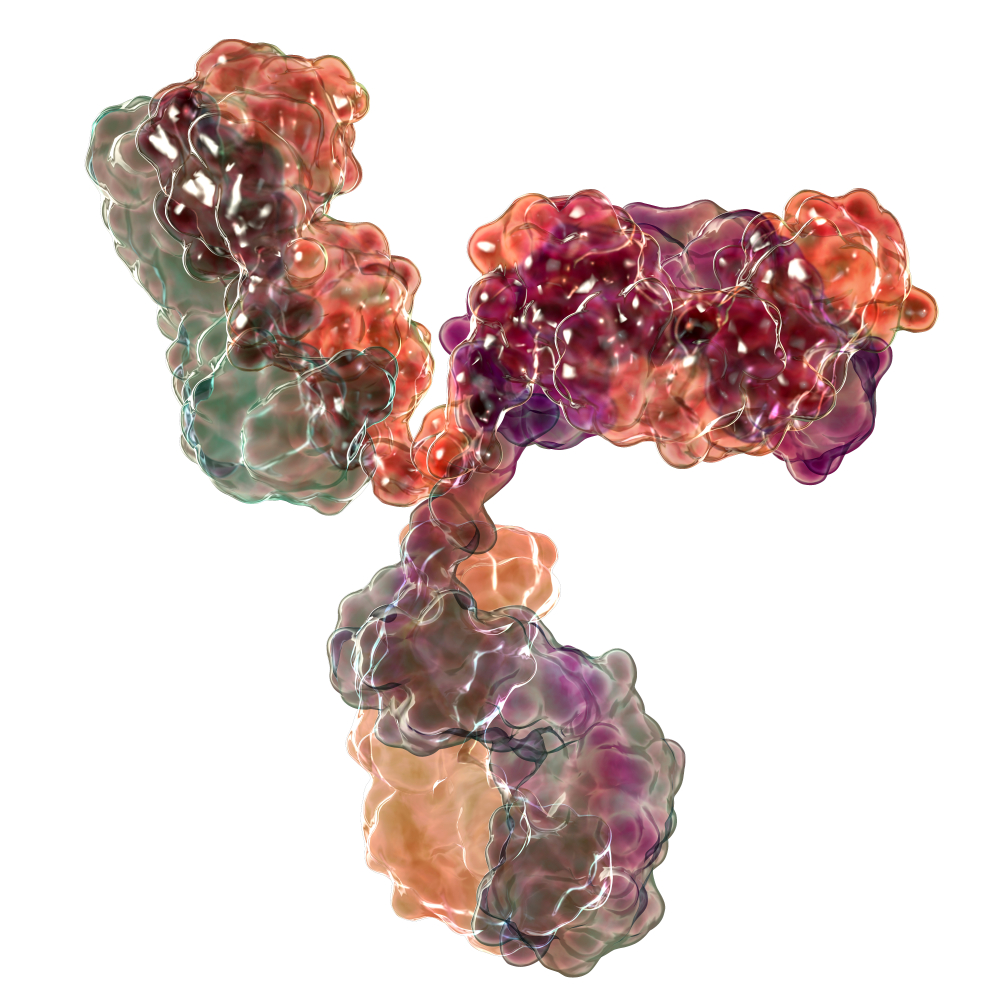MOUSE ANTI-RESPIRATORY SYNCYTIAL VIRUS ANTIBODY (RV11)
Mouse anti Respiratory Syncytial virus antibody (clone RV11) is specific for Respiratory Syncytial virus. The antibody does not cross react with Influenza A, Influenza B or Adenovirus.
PRODUCT DETAILS – MOUSE ANTI-RESPIRATORY SYNCYTIAL VIRUS ANTIBODY (RV11)
- Mouse Anti Respiratory Syncytial Virus monoclonal IgG1 antibody (clone RV11).
- This antibody is specific for Respiratory Syncytial virus. The antibody does not cross react with Influenza A, Influenza B or Adenovirus.
- Suitable for ELISA and LFA.
BACKGROUND
Respiratory syncytial virus (RSV) is a non-segmented, negative-sense, single-stranded, enveloped RNA virus. RSV belongs to the genus Pneumoviridae, which is a member of the Paramyxoviridae family of viruses. The RSV genome encodes surface proteins that include attachment glycoprotein (G) and fusion (F) protein, which play an important role in the virulence of RSV.
Human RSV is a widespread virus that causes more than 30 million new cases of RSV infection each year. Two major antigenic groups of human respiratory syncytial virus have been identified, which are classified as subtypes A and B. Additional antigenic variability existing within each subtype. Both A and B subtypes co-circulate but reports suggest that one subtype dominates during an epidemic (Sullender, WM).
RSV primarily causes lower respiratory tract infection in infants and young children. In many cases, the virus causes a mild respiratory illness, but pneumonia and bronchiolitis can develop in children under 2 years of age and in elderly patients. In addition, children with pre-existing heart, lung and neuromuscular diseases can also be at risk of developing severe RSV infection resulting in hospitalisation. In older patients, severe RSV infection may exacerbate pre-existing conditions such as asthma and chronic obstructive pulmonary disease (CDC).
In humans, RSV is transmitted through close contact with contaminated secretions, and droplets, from infected individuals. The virus can survive on surfaces for several hours. Currently, no licensed vaccine is available for the prevention of RSV infection. In most cases, treatment of RSV infection is primarily supportive.
REFERENCES
- Sullender, WM (2000). Respiratory syncytial virus genetic and antigenic diversity. Clin Microbiol Rev. 13(1):1-15.
- Centers for Disease Control and Prevention: Respiratory syncytial virus infection (RSV)

